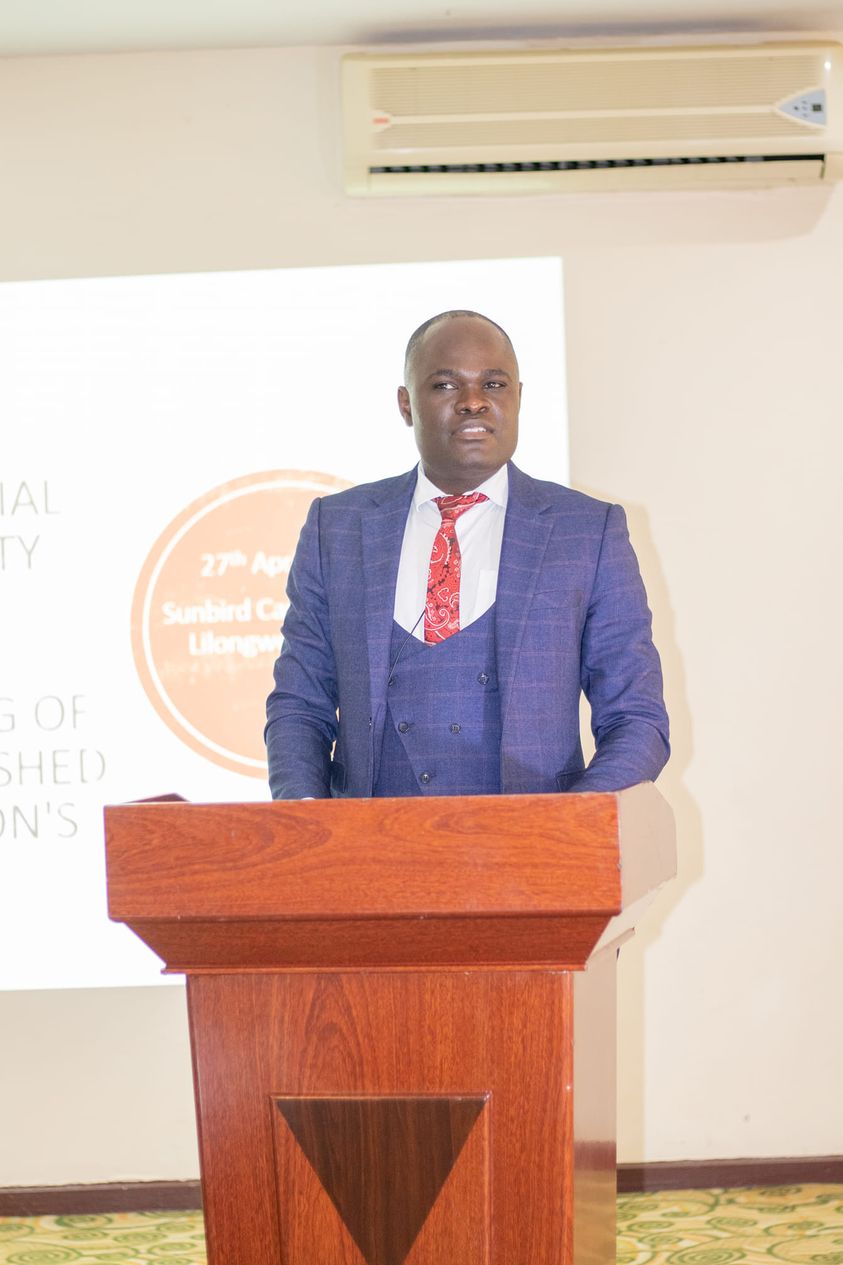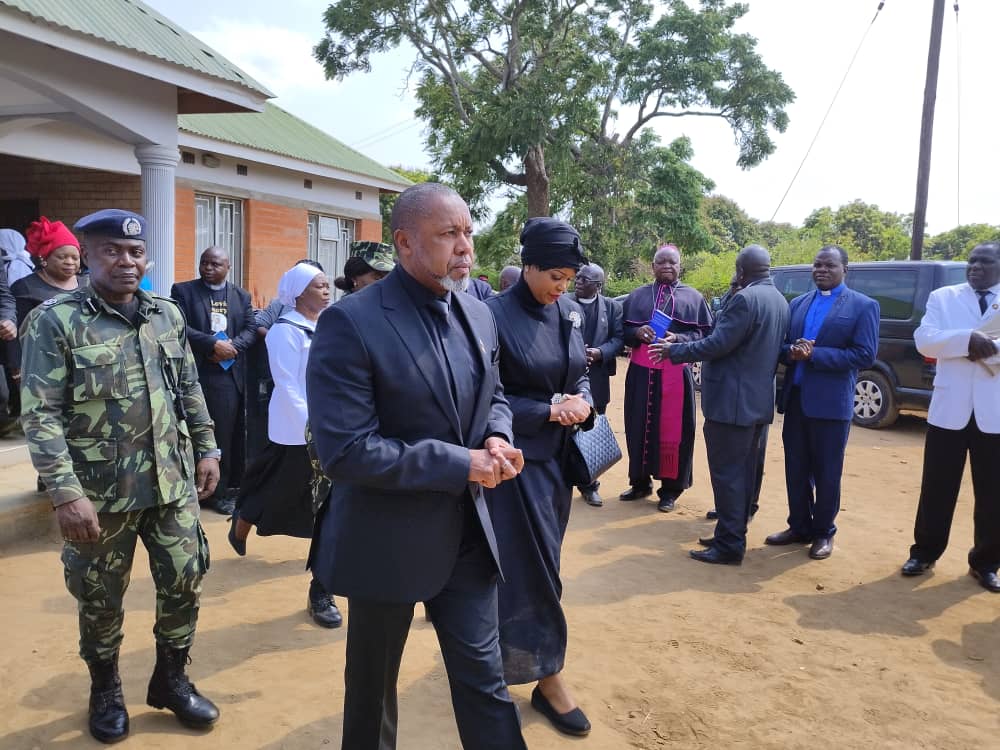Just weeks after the government licenced first four shelters for victims of Trafficking in Persons (TIP), owners of the places have vowed to ensure that survivors of TIP are given humane and rehabilitative treatment in the centres.
Previously victims of TIP were being kept at police station for lack of a better place to be provide them with protection while awaiting court cases to allow for a healing process.
This-establishment of shelters- is in fulfilment for the provisions of Trafficking in Persons Act of 2015 for all victims to be referred to the shelters.
The government of Malawi has now licenced four operators; Youth Net and Counseling (Yoneco) of Zomba, Gateway of Hope in Lilongwe, Blantyre’s Love Justice Malawi including Salvation Army in Mchinji to operate safe houses for people who have been caught in the middle of TIP in the country.
According to the ministry responsible, two more centres-one in the northern city of Mzuzu- are lined up for opening in the next two months.
During a workshop held on Monday at Sunbird Capital Hotel in Lilongwe one of the shelter owners McBain Mkandawire representing Yoneco implored on government to do more in giving the licencees access to funding opportunities to ensure quality service delivery.
Said Mkandawire; ‘This is a critical component of the Act as it addresses issues of witness protection, survivors’ safety, mental health issues and accommodation challenges. Apart from these, the centres have been equipped with facilities to train the survivors with various skills that can help them live their lives without problems. It is our hope that government will help us to identify funding options for running our centres so that we are able to be effective.’
During the workshop which drew participants from the centres and relevant government agencies Deputy Director for Social Welfare Services at the Ministry of Gender Enock Bonongwe said the shelters have a big role to play in order to make lives of TIP survivors manageable.
“What we are aiming at during these series of trainings is to equip the shelter owners with skills to protect and care for the survivors who are in their shelters. These are the protective and rehabilitative elements of the Act while on the preventive side we are working with gatekeepers in the communities,” he said.
In his remarks chairperson of the National Coordination Committee Against Trafficking in Persons sub Committee on programmes Mr. Caleb Thole congratulated Malawi Government for its decision to urgently create safe home for trafficking in persons victims in Malawi. He said that he was particularly impressed with the quality and standards of the first ever shelters that represent another milestone for Malawi. He said the development will help deal with several challenges that have been rocking Malawi treatment of victims and invited government to do more in addressing some of challenges as observed by the shelter managers.
Said Thole: ‘We have had a challenge of accommodation for the victims of human trafficking. This has had a ripple effect on survivors as some were forced to return to their homes where they were re trafficked. As a result some survivors have been missing or could have been killed. Therefore the coming in of these shelters will enhance security of survivors. In these shelters, survivors will have the opportunity to receive psycho-social support because most of them go through trauma. For this reason we will also be able to preserve the life of the victims.4




